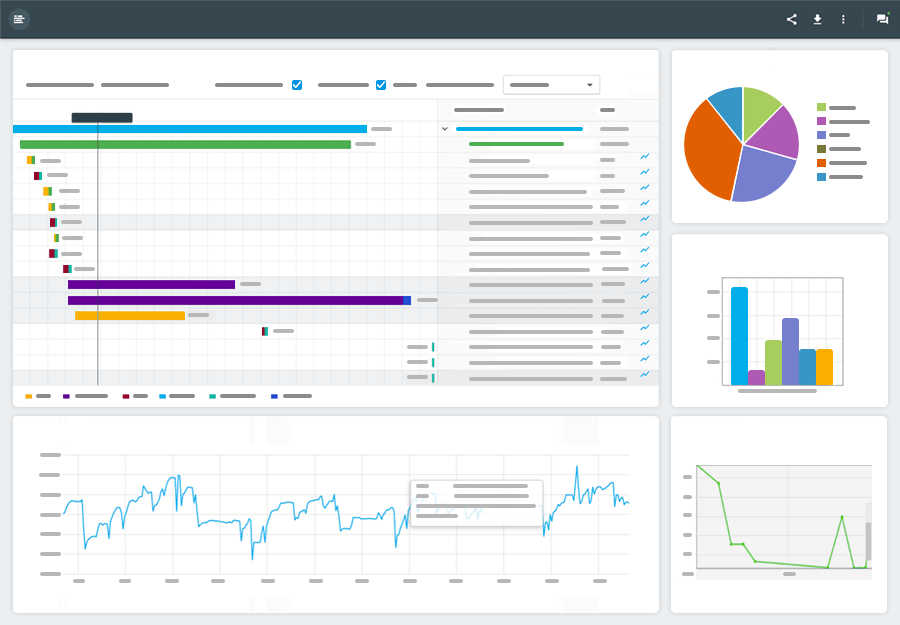Correlation Between Website Speed & Conversion Rates
Everyone wants a fast website, but it’s not just about impressing your customers, or ranking high in search results. Improving your website’s speed will increase your conversion rate. The increased revenue more than makes up for any investment in website performance you’ll need to make.
 It All Comes Down to User Experience
It All Comes Down to User Experience
You have a lot of competition for a website visitor’s attention. Online shopping means that even well thought out purchases are carried out like impulse buys. Consumers expect to complete a purchase mere minutes after remembering they’ve been meaning to buy an item.
If your website pages load too slowly, your potential customers can get distracted. They may delay the purchase or decide they don’t need an item after all – even if they’ve added it to their shopping cart. If customers have to wait too long for a page to load, they might get frustrated and try your competitor’s site.
Optimal Website Speed
So how fast is fast enough? Two seconds. That’s the maximum that Google suggests sites aim for. Google themselves shoot for a page load time of half a second. Your site doesn’t have to be as fast as Google, but according to surveys done by Akamai and Gomez.com, almost half of all web users will abandon a site entirely if it takes 3 seconds for a page to load.
So you want a page load time between half a second and two seconds. That’s a big range in website speed terms. An improvement from 3 seconds to 2 seconds means that you’re no longer losing 47% of your potential customers. You can improve your conversion rates even further by keeping your page load times as far under 2 seconds as you can.
Amazon and Walmart have studied how their sales are impacted by website speed. They both found that their sales improved by 1% for every 100 millisecond of improvement.
Knowing Your Webpage Load Times
So how fast is your website? There are quite a few free tools that will test how fast a web page loads. Testing and knowing your webpage load times is only the beginning. You need to test the speed of pages that are part of the checkout process to cut down on abandoned shopping carts. That requires a more sophisticated tool.
Load testing solutions are ideally suited to this task. They’re designed to test how page load times are affected by heavy traffic, but you can use them to test website speed under ordinary traffic as well. You can use an open-source solution like Apache JMeter, or a commercial SaaS (software as a solution) product like LoadView.
You may want to focus on your website speed under typical conditions. But remember that increased web traffic can slow down your website, reducing conversions. Heavy traffic occurs when you have a sale or a product launch. If you’re going to maximize your conversions on these days, you should keep your page load times under 2 seconds even on your busiest day.
How Can I Speed Up My Website?
There are a number of things that affect website speed, including optimizing your images, selecting fast plugins, avoiding redirects, updating and ensuring the overall quality of your code, not using inline tables and divs to style your website and even long sign up forms can be a page load killer. One fast, but pricey option is to fix or upgrade your web hosting. Compare the costs of switching to a faster web hosting package to the revenue you’ll see from increased conversion rates. The investment is most likely to be worth it.


